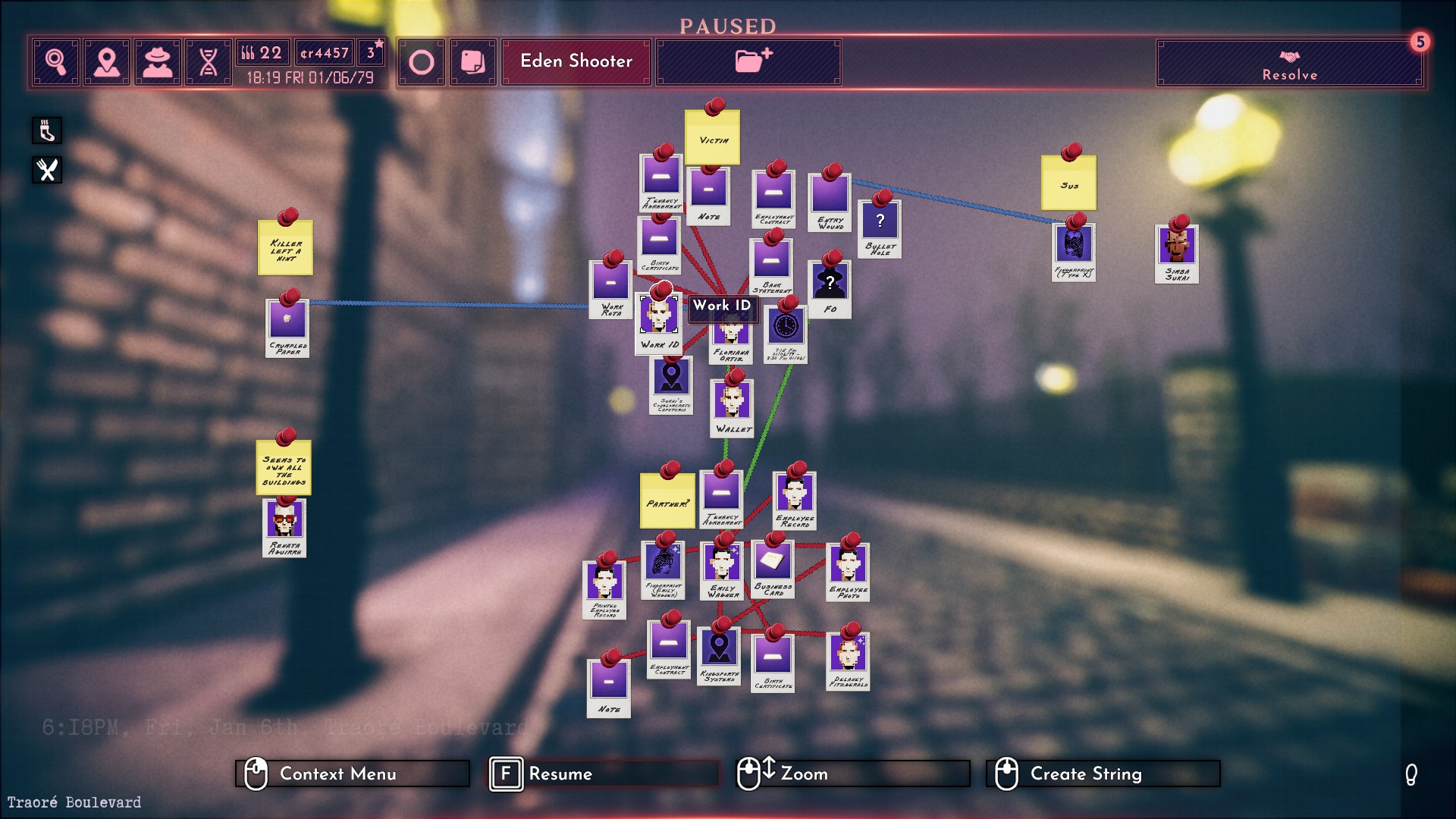but if I want to use it to open a file that isn't in "downloads" I have to use flatseal to give it extra permissions
There has been a portal to prevent this issue for years now. The fix isn't to patch around issues in Flatseal, it's for developers or Flatpak packagers to fix their security policies and code.
As an added benefit, KDE users get thumbnails in their file picker because they're no longer stuck with the old GTK one but instead can use their native file picker portal. A win for everyone!


Librewolf would need to ask permission to a folder (for the standard downloads folder for instance) or it would need to show two save prompts when downloading two files (isn't that what it does already?)
The "two files" thing only applies to applications that ask access for one file (say, an mp4) and also want a second file in that same directory (say, a matching .srt). That can be worked around by selecting multiple files in the file picker, but that does pose for an annoying restriction. I don't see how a browser would be affected by this, though, as browsers don't tend to also send secondary files when you upload something.